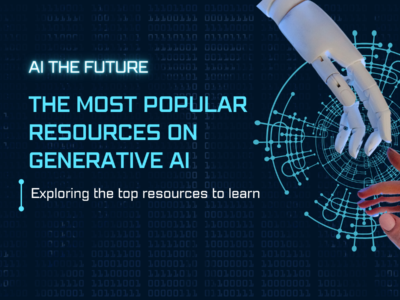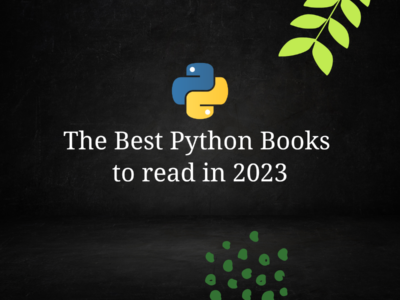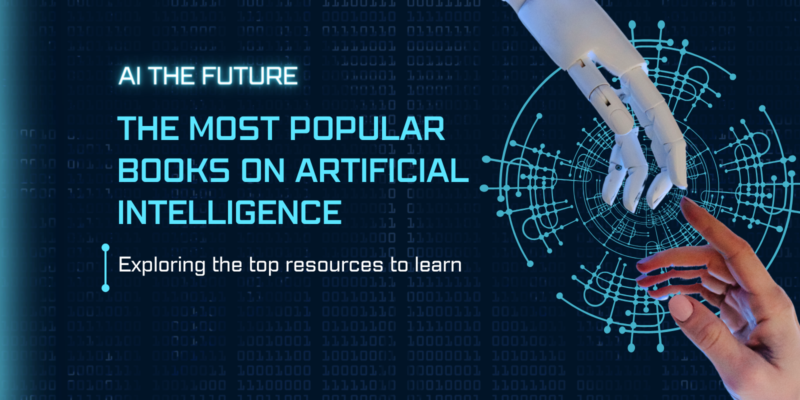
The Most Popular Books on Artificial Intelligence
Artificial Intelligence (AI) stands at the forefront of technological innovation, reshaping the way we perceive and interact with the world. Whether you are a curious enthusiast, a student diving into the field, or a seasoned professional seeking deeper insights, a well-curated collection of literature can be your guiding light. This list compiles ten must-read books that span the breadth of AI, from foundational principles to speculative explorations of its future impact. Each book offers a unique perspective, providing a comprehensive understanding of AI’s evolution, challenges, and possibilities. In this post we will discuss about The Most Popular Books on Artificial Intelligence.
Most Popular Books on Artificial Intelligence
“Artificial Intelligence: A Modern Approach” by Stuart Russell and Peter Norvig
“Artificial Intelligence: A Modern Approach” by Stuart Russell and Peter Norvig is a widely acclaimed textbook that provides a comprehensive and up-to-date introduction to the field of artificial intelligence (AI). First published in 1995 and subsequently updated, the book has become a standard reference for students, researchers, and practitioners in the AI community.
The book covers a broad range of topics, including problem-solving, knowledge representation, machine learning, natural language processing, and robotics. One of the key strengths of the book is its balanced and insightful approach, presenting AI as a field that integrates various perspectives and techniques. It combines theoretical foundations with practical applications, making it suitable for both academic study and real-world implementation.
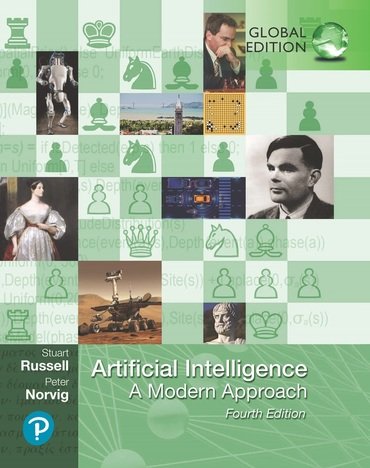
“Superintelligence: Paths, Dangers, Strategies” by Nick Bostrom
“Superintelligence: Paths, Dangers, Strategies” is a thought-provoking book written by philosopher and futurist Nick Bostrom. Published in 2014, the book delves into the potential future scenarios that may arise as a result of the development of artificial superintelligence – a form of artificial intelligence that surpasses human intelligence across all domains.
Bostrom explores the paths that could lead to the creation of superintelligent machines and the potential consequences of achieving such a level of AI. He discusses various strategies and approaches for controlling or aligning superintelligent systems with human values to avoid unintended and possibly catastrophic outcomes.

“Life 3.0: Being Human in the Age of Artificial Intelligence” by Max Tegmark
“Life 3.0: Being Human in the Age of Artificial Intelligence” is a book written by Max Tegmark, a physicist and cosmologist known for his work in the field of artificial intelligence and its societal implications. Published in 2017, the book explores the potential future scenarios shaped by the development and integration of artificial intelligence into society.
Tegmark divides the evolution of life on Earth into three stages: Life 1.0, characterized by biological organisms; Life 2.0, marked by cultural evolution and the emergence of intelligent beings like humans; and the speculative Life 3.0, a future era where intelligent life has the potential to design and shape its own existence, including the creation of artificial intelligences.
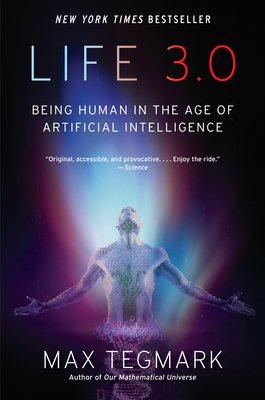
“Machine Learning Yearning” by Andrew Ng
“Machine Learning Yearning” is a book written by Andrew Ng, a prominent figure in the field of machine learning and co-founder of Coursera. Published in 2018, this book is not a traditional guide to machine learning algorithms or techniques but rather a practical guide focused on the strategies and best practices for effectively applying machine learning to real-world problems.
The book is designed to help machine learning practitioners, engineers, and researchers navigate the complexities of developing and deploying machine learning systems successfully. Andrew Ng draws on his extensive experience in the field to provide insights into the process of building and managing machine learning projects.
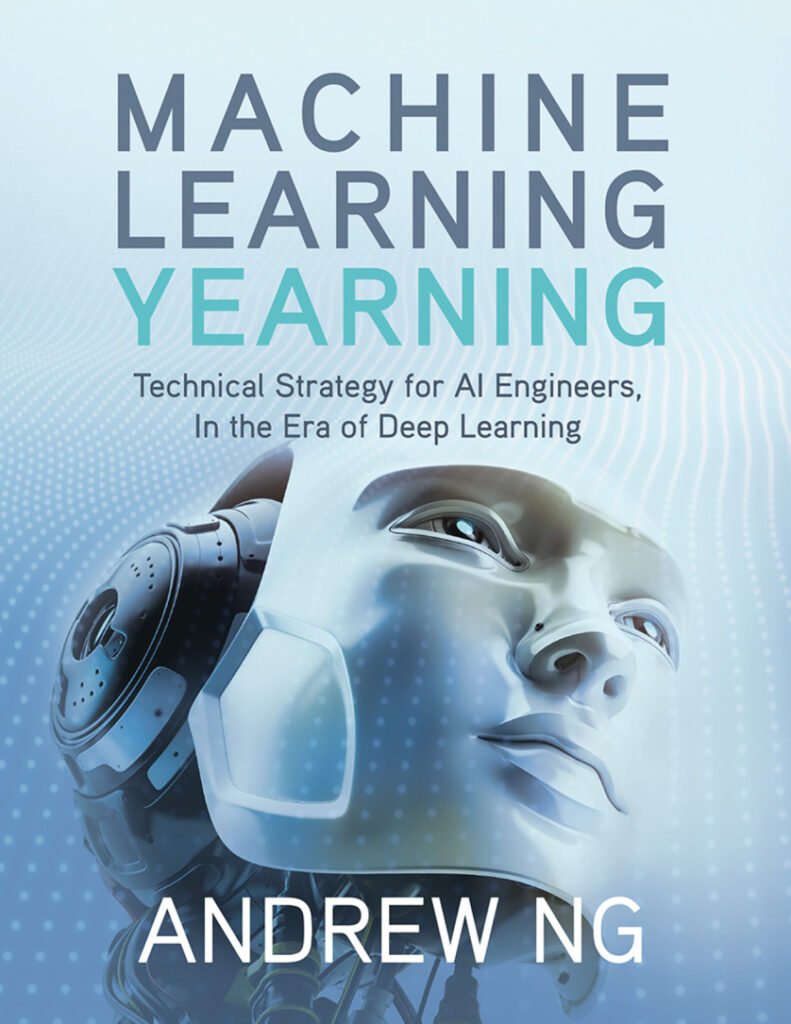
“Artificial Intelligence: Foundations of Computational Agents” by David L. Poole and Alan K. Mackworth
“Artificial Intelligence: Foundations of Computational Agents” is a textbook authored by David L. Poole and Alan K. Mackworth. First published in 2010, the book serves as an introduction to the field of artificial intelligence (AI) with a focus on the principles of computational agents.
The book covers a broad range of topics within AI, providing a solid foundation for understanding the fundamental concepts and techniques used in the field. It is suitable for both undergraduate and graduate students studying AI, as well as practitioners seeking a comprehensive reference.
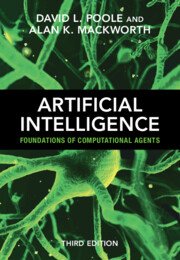
“AI: A Very Short Introduction” by Margaret A. Boden
“AI: A Very Short Introduction” by Margaret A. Boden is a concise and accessible overview of the field of artificial intelligence (AI). Part of the “Very Short Introductions” series published by Oxford University Press, this book provides a brief yet informative exploration of the history, key concepts, and ethical considerations surrounding AI.
Margaret A. Boden, a renowned cognitive scientist and AI researcher, introduces readers to the foundational ideas behind artificial intelligence. She discusses the evolution of AI from its early roots to contemporary developments, covering essential concepts such as machine learning, neural networks, and intelligent agents.

“Human Compatible: Artificial Intelligence and the Problem of Control” by Stuart Russell
“Human Compatible: Artificial Intelligence and the Problem of Control” is a book written by Stuart Russell, a prominent computer scientist and AI researcher. Published in 2019, the book addresses the fundamental challenges and ethical considerations associated with the development of artificial intelligence (AI), particularly focusing on the issue of control.
Russell argues for a shift in the field of AI towards ensuring that machines are aligned with human values and objectives. He introduces the concept of “provably beneficial AI,” emphasizing the need for AI systems to understand and adhere to human preferences, not just their literal programming. The book delves into the potential risks of creating AI systems that may act against human interests and explores ways to design intelligent machines that are beneficial and aligned with human values.

“Artificial Intelligence: A Guide for Thinking Humans” by Melanie Mitchell
“Artificial Intelligence: A Guide for Thinking Humans” is a book written by Melanie Mitchell, a computer scientist and professor of computer science at Portland State University. Published in 2019, the book provides an accessible and insightful exploration of artificial intelligence (AI) for a general audience.
Melanie Mitchell takes a critical and thought-provoking approach to demystifying AI, offering readers a guide to understand its history, capabilities, and limitations. The book addresses common misconceptions and myths surrounding AI, providing a balanced perspective on the technology.
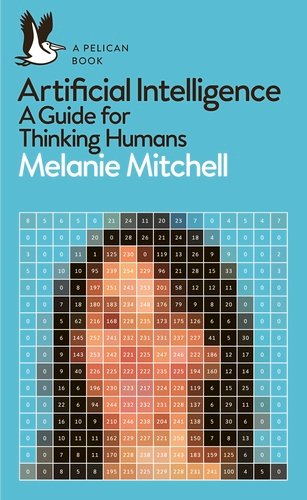
“Artificial Intelligence: A New Synthesis” by Nils J. Nilsson
“Artificial Intelligence: A New Synthesis” by Nils J. Nilsson is a comprehensive textbook that provides a thorough overview of artificial intelligence (AI) concepts and techniques. Originally published in 1998 and subsequently updated, the book covers a wide range of topics within the field.
Nilsson, a computer scientist and AI researcher, introduces readers to the fundamental principles of AI, including problem-solving, knowledge representation, learning, perception, and robotics. The book is structured to guide readers through the various subfields of AI, offering a unified perspective on the synthesis of different AI methodologies.
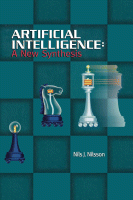
“The Master Algorithm” by Pedro Domingos
“The Master Algorithm” is a book written by Pedro Domingos, a computer science professor and machine learning researcher. Published in 2015, the book takes readers on a journey through the world of machine learning, exploring its history, principles, and potential impact on society.
Domingos introduces the concept of the “master algorithm,” a hypothetical universal learner that can discover all possible knowledge from data. He explores different schools of thought in machine learning, representing them as competing tribes, each with its own approach and philosophy. These tribes include symbolists, connectionists, evolutionaries, Bayesians, and analogizers.
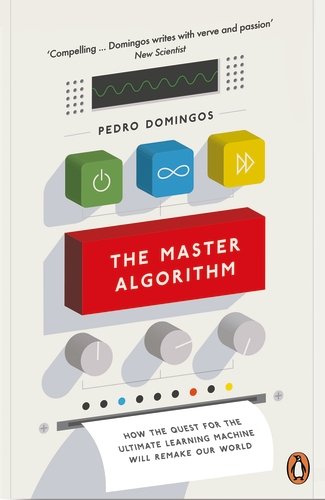
In the rapidly evolving landscape of artificial intelligence, staying informed is paramount. These ten books collectively form a curated library that spans the spectrum of AI knowledge. Whether you’re a beginner seeking foundational understanding or an expert exploring the ethical dimensions of AI, this list provides a diverse selection to satiate your intellectual curiosity. As we navigate the future of AI, let these books be your companions, offering insights, perspectives, and a deeper appreciation for the transformative power of artificial intelligence.
In the last BitsToGigs post we had discussed The most popular Generative AI Resources
Happy Learning!
Subscribe to the BitsToGigs Newsletter


